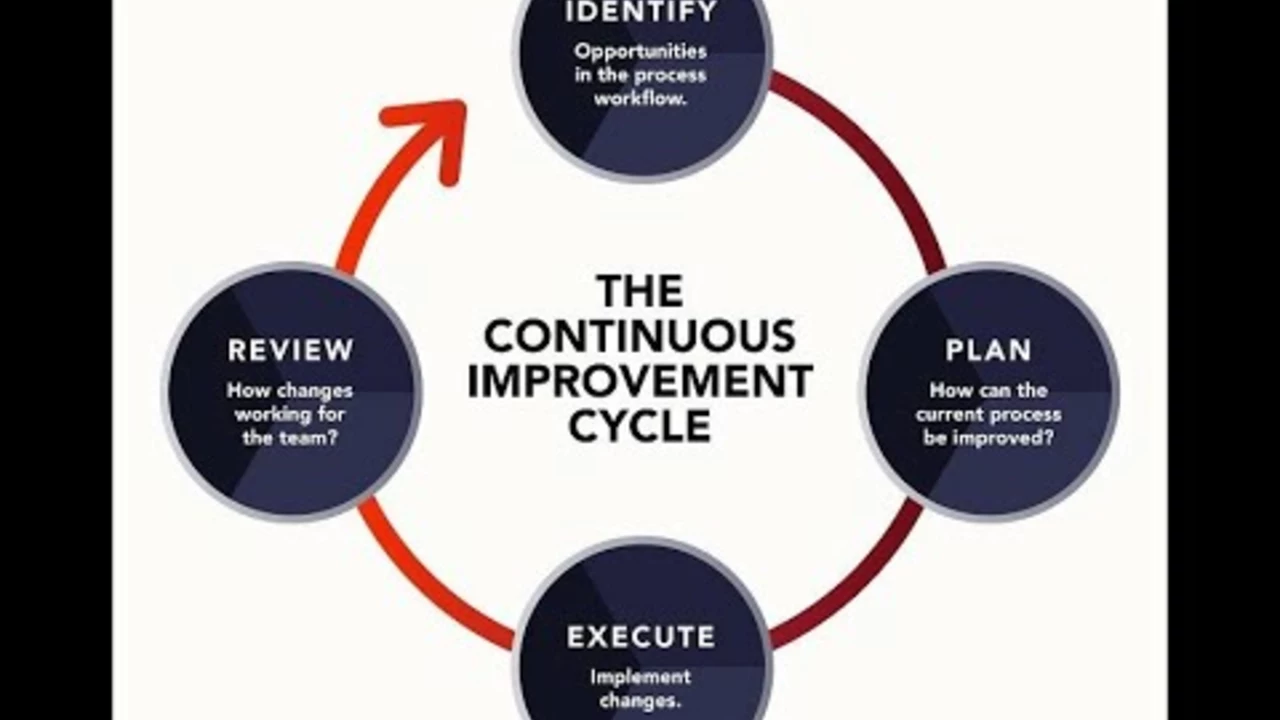Academic Credibility: Simple Steps to Earn Trust in Your Work
If you’ve ever wondered why some researchers get invited to speak at conferences while others stay unnoticed, the answer often comes down to academic credibility. It’s the amount of trust your peers place in your findings, methods, and conclusions. Without it, even the best ideas can get tossed aside. Let’s break down what credibility looks like and how you can boost it without the fluff.
How to Boost Your Academic Credibility
Start with solid citations. Whenever you quote a study, give a full reference so readers can check the source themselves. It shows you’re not just pulling facts out of thin air. Next, be transparent about your methodology. Explain every step you took—data collection, analysis tools, assumptions—so others can replicate your work. Replicability is a cornerstone of trust.
Publish in reputable venues. Journals with a peer‑review process add an extra layer of validation. If you’re just starting out, look for conferences or open‑access journals that have clear review guidelines. Even a well‑written pre‑print can help if you label it clearly and invite feedback.
Collaborate with recognized scholars. Co‑authoring with someone who already has a strong reputation can give your work an instant credibility boost. It also forces you to meet higher standards because you don’t want to let a seasoned partner down.
Common Pitfalls to Avoid
Plagiarism is the fastest way to lose credibility. Use plagiarism checkers before you submit anything and always give credit where it’s due. Another trap is over‑claiming results. If your data only shows a correlation, don’t phrase it as causation. Readers can spot that quickly, and it hurts your reputation.
Skipping peer review because you’re in a hurry also backfires. Even a quick informal review from a colleague can catch mistakes you missed. Treat feedback as a gift, not a threat.
Lastly, ignore the importance of ongoing learning. Fields evolve, and keeping up with new techniques or theories shows you’re committed to staying accurate. Attend webinars, read recent papers, and experiment with the latest tools.
Putting these habits into practice won’t magically turn you into a superstar researcher overnight, but it will steadily build the trust that matters. Your future self, your readers, and your institution will thank you for the credibility you earn every day.
